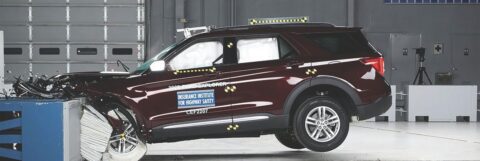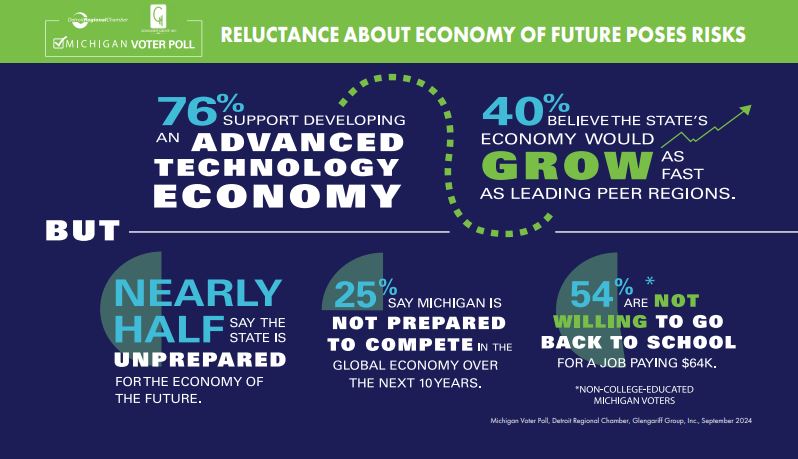Automakers are using artificial intelligence (AI) to speed up the production process and keeping problems from creeping up.
By Paul A. Eisenstein
Going from concept to customer is neither a quick nor easy task, often taking five years. Now, automakers are using artificial intelligence (AI) to speed up the process and keeping problems from creeping up. AI is yielding more efficient plant designs and improving the manufacturing process. It is also showing up in vehicles where it can help plot better routes – and even explain that mysterious light on the instrument panel.
General Motors will move a significant portion of its product development online, the automaker said in October. That approach will speed up the process and trim costs, reducing what has traditionally been a case of trial-and-error. During a recent conference, GM engineering group manager Matthew Wieczorek noted how virtual simulations helped reduce development time on some suspension components from two months to just 17 hours.
Simulated Crash Tests, Fewer Pricey Prototypes
Using AI-powered technology can be particularly useful in the final stages of development, making it possible to simulate crash tests – and then speed up revisions, where necessary – rather than having to build scores of costly prototypes. This alone can reduce time to market by months.
“One of the most important applications is at the factory level where it can simulate factory environments to improve manufacturing processes,” said Sam Abuelsamid, Lead Auto Analyst with Guidehouse Insights.
That can help simplify the layout of new lines and improve the productivity and reliability of robots. Tesla, Ford, and several others have been developing more humanoid robots, powered by AI, that can safely work alongside human workers on the assembly line.




